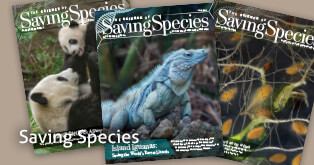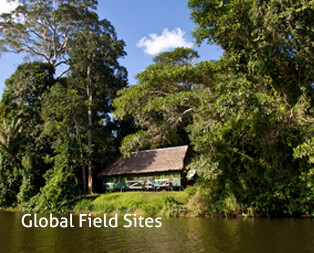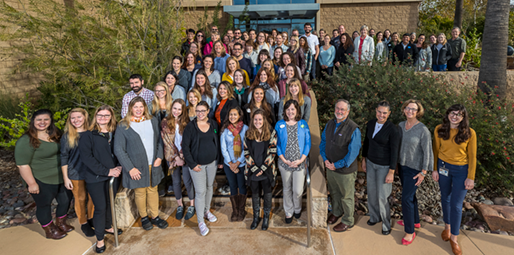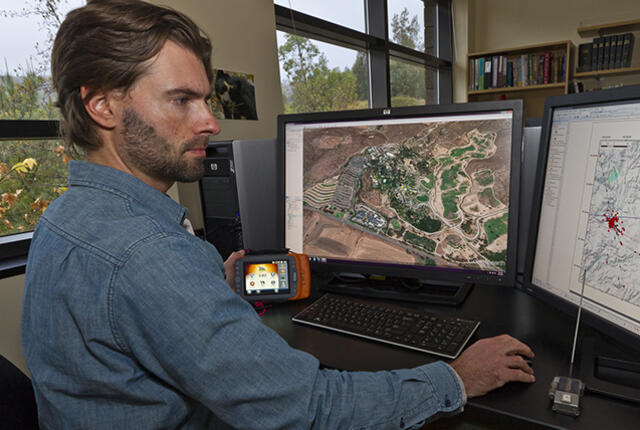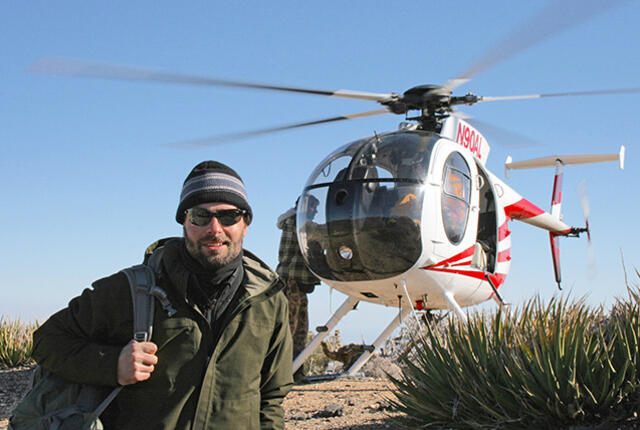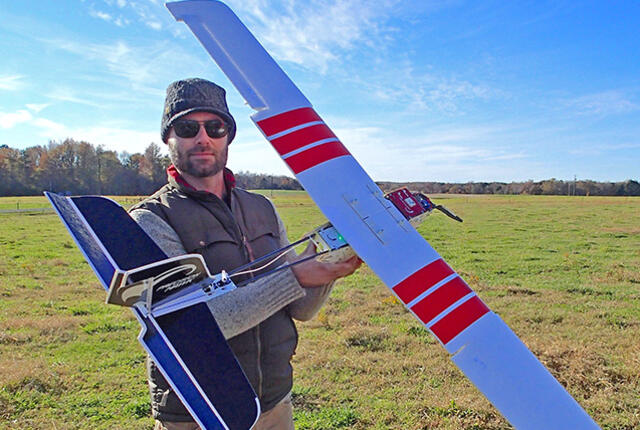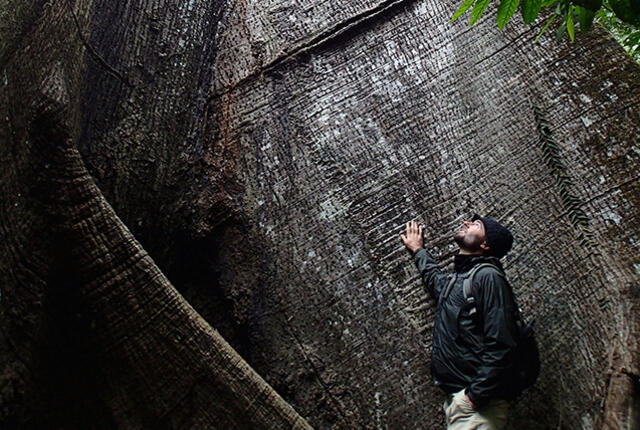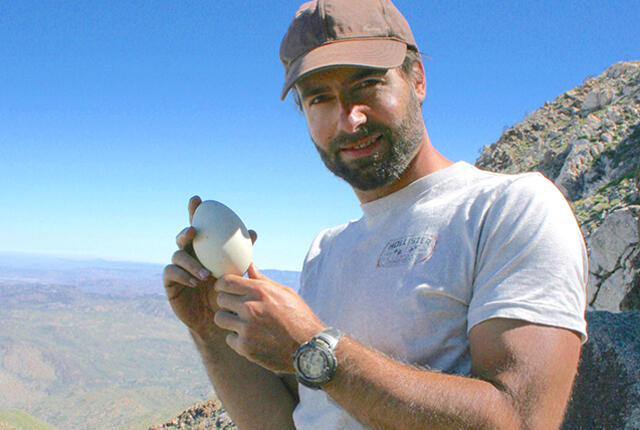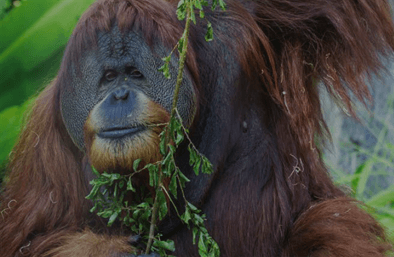James Sheppard, Ph.D.
Dr. James Sheppard serves San Diego Zoo Wildlife Alliance as a Scientist in Recovery Ecology. He works on a wide variety of conservation research projects that benefit from spatial ecology approaches and analyses. He is currently researching the spatial ecology and habitat use of the California condor and developing ways to reduce impacts of renewable energy developments on wildlife populations. He is collaborating with the U.S. Geological Survey and the San Diego Supercomputer Center to create new tools to visualize and model animal movements and habitat use. He also founded and manages the Ellen Browning Scripps Spatial Ecology Lab.
James has a broad background in ecology, landscape ecology, geospatial modeling, and Geographic Information Science. He has extensive experience researching the ecology of diverse international taxa and habitats, including giant pandas, golden eagles, dugongs, and marine turtles. His research interests include the application of cutting-edge biotelemetry technologies, GIS, remote sensing, drones, and spatial modeling techniques to identify and characterize the ecology of threatened species and habitats in order to aid conservation management. His studies have informed government and private sector management efforts, including the zoning of habitat protection areas and the mitigation of renewable energy development impacts on endangered species.
James earned his doctorate from James Cook University. He currently serves as Chair of the Spatial Ecology & Telemetry Working Group of The Wildlife Society and Associate Editor of The Journal of Wildlife Management. He is excited to be part of an organization that is a global leader in the development and application of cutting-edge technologies for enhancing conservation of endangered species.



